

2019-03-03 10:39:00 Sun ET
stock market competition macrofinance stock return s&p 500 financial crisis financial deregulation bank oligarchy systemic risk asset market stabilization asset price fluctuations regulation capital financial stability dodd-frank
Tech companies seek to serve as quasi-financial intermediaries. Retail traders can list items for sale on eBay and then acquire these items economically on Amazon for direct shipments when busy buyers place orders on eBay. These retail traders serve as information arbitrageurs and so clip spreads between the divergent prices on Amazon and eBay. This online information arbitrage occurs often enough to be a viable business. From a practical perspective, this information arbitrage proves to be a valuable service at a market price.
Time is finite and human attention is precious so that the intermediary service often turns out to be worthwhile for better immediacy and convenience. In a similar vein, the online search website for real estate, Zillow Group, now attempts to serve as a quasi-financial intermediary for both home purchases and mortgage loans. Zillow brings back its co-founder and former CEO Richard Barton to lead this ambitious transformation. Zillow now transforms how Americans buy and sell their real estate properties as the tech platform uses both big data analysis and artificial intelligence to change how these residential owners and investors shop for homes with mouse clicks and satellite maps. Busy buyers pay for immediacy and convenience when they shop for homes on Zillow.
In addition to Amazon-eBay information arbitrage and Zillow real estate, Apple and Goldman Sachs enter into a strategic alliance to expand the credit card business. Apple pairs the new credit card with key iPhone features such as Face ID to better serve its active users. This credit card piggybacks on the Mastercard network and offers 2% cash rewards for most online purchases. Beyond cash bonuses, Apple and Goldman Sachs hope to leverage the Wallet app for tracking account balances and rewards for better personal finance management.
Like Goldman Sachs, big banks shift operational focus from their prior reliance on capital-intensive risk businesses to tech platforms for their tech-savvy clients. In light of financial distress and post-crisis regulation, big banks prefer to build online platforms for their key institutional clients to trade bonds, funds, and other complex securities. The banks accumulate fees and commissions when these transactions happen for the mutual benefits of both banks and institutional investors themselves. This fresh logic explains why Apple and Goldman Sachs can now work together to strengthen their credit card business. Nowadays Amazon-eBay arbitrageurs and tech titans such as Apple and Zillow seek to serve as quasi-financial intermediaries.
If any of our AYA Analytica financial health memos (FHM), blog posts, ebooks, newsletters, and notifications etc, or any other form of online content curation, involves potential copyright concerns, please feel free to contact us at service@ayafintech.network so that we can remove relevant content in response to any such request within a reasonable time frame.
2019-09-30 07:33:00 Monday ET
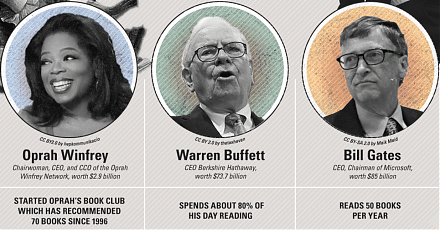
AYA Analytica finbuzz podcast channel on YouTube September 2019 In this podcast, we discuss several topical issues as of September 2019: (1) Former
2019-01-27 12:39:00 Sunday ET
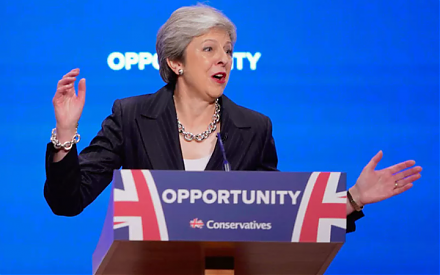
British Prime Minister Theresa May faces her landslide defeat in the parliamentary vote 432-to-202 against her Brexit deal. British Parliament rejects the M
2020-06-10 10:35:00 Wednesday ET
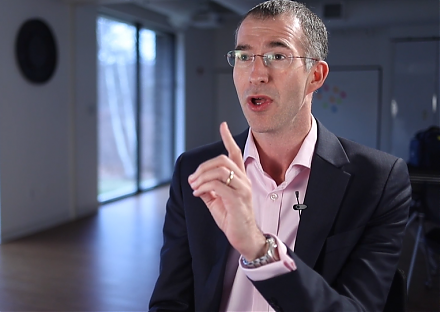
Most lean enterprises should facilitate the dual transformation of both core assets with fresh cash flows and new growth options. Scott Anthony, Clark Gi
2024-02-04 08:28:00 Sunday ET
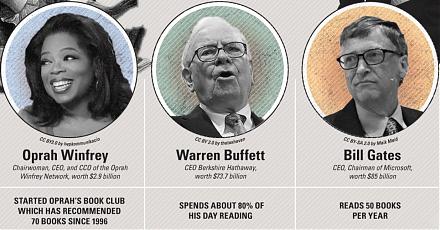
Our proprietary alpha investment model outperforms most stock market indexes from 2017 to 2024. Our proprietary alpha investment model outperforms the ma
2018-03-05 07:34:00 Monday ET
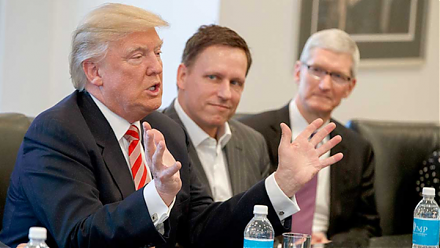
Peter Thiel shares his money views of President Trump, Facebook, Bitcoin, global finance, and trade etc. As an early technology adopter, Thiel invests in Fa
2019-03-03 10:39:00 Sunday ET
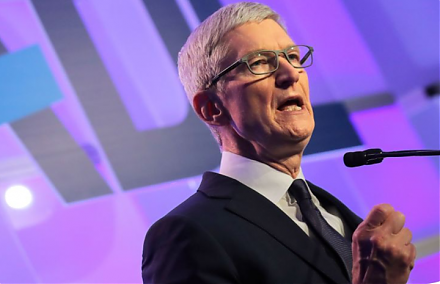
Tech companies seek to serve as quasi-financial intermediaries. Retail traders can list items for sale on eBay and then acquire these items economically on